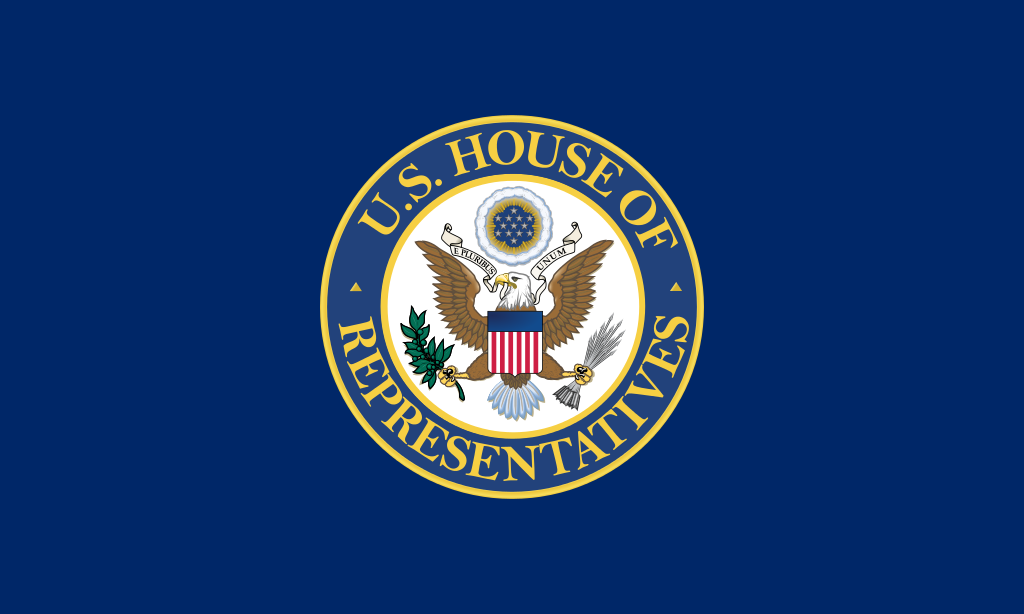Sponsor: n/a
Date of Prayer: 18 June 1962
| Contribute a translation | Source (English) |
|---|---|
|
|
Our Heavenly Father,
we have turned our attention to the vast reaches of outer space, but we know all too well the harrowing problems that continue to plague us here on earth. The mysteries of Thy universe beckon to us, but the hard realities of this planet will not leave us. |
|
|
If one crisis follows another,
it is because our earth has become a tiny, shrunken, little planet. Neither the depths of the seas nor the heights of the mountains separate men from men, or nation from nation. Millions of human beings live, as it were, in one neighborhood, even on a single block. And from out of the dim past comes Thine inspired word “v-ahavtah l’reakha kamokha”— “thou shalt love thy neighbor as thyself.” (Leviticus 19:18) |
|
|
Cause us, O Lord,
to know that love and teach us that we may apply it to all men wherever they may be, for the checkered history of man proves beyond all question that hatred only breeds more hatred and war only breeds more war. Only through love can these vicious cycles ever be broken— through our love of Thee, the love of our neighbor, the love of our fellow man. |
|
|
In the words we render in the synagogue each Sabbath Day
we invoke Thy blessing [Tefilah b’ad hamemshalah][1] The text here was replaced by the editors of the Congressional Record with a double quote followed by a dinkus (three asterisks) — “* * *. Perhaps this was done out of concern for transliterating the name of the Hebrew prayer in error, or some related puzzlement. While we cannot know with certainty, the words here were likely provided the Hebrew title of the prayer used in Conservative movement congregations: Rabbi Dr. Louis Ginzberg’s Prayer for the Government. Alternately, the words may have referred to another common traditional prayer, Hanoten Teshuah. upon our country, on the Government of this Republic, the President of these United States, and all who exercise just and rightful authority. Do Thou instruct them out of Thy law, that they may administer all affairs of state in justice and equity, that peace and security, happiness and prosperity, right and freedom, may forever abide among us and among all the inhabitants of this earth.” Amen. |
This prayer of the guest chaplain was offered in the sixth month of the second session of the 87th US House of Representatives, and published in the Congressional Record, vol. 108, part 8 (18 June 1962), page 10781.
Source(s)
Notes
| 1 | The text here was replaced by the editors of the Congressional Record with a double quote followed by a dinkus (three asterisks) — “* * *. Perhaps this was done out of concern for transliterating the name of the Hebrew prayer in error, or some related puzzlement. While we cannot know with certainty, the words here were likely provided the Hebrew title of the prayer used in Conservative movement congregations: Rabbi Dr. Louis Ginzberg’s Prayer for the Government. Alternately, the words may have referred to another common traditional prayer, Hanoten Teshuah. |
|---|




